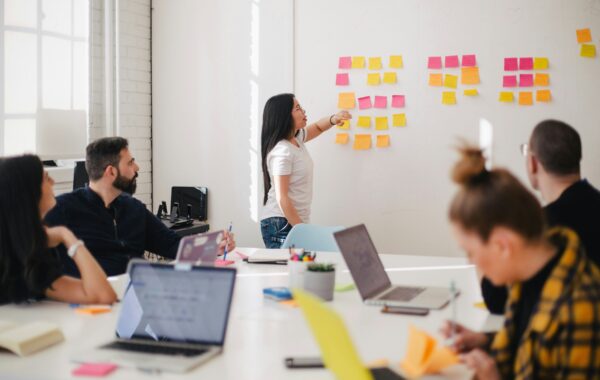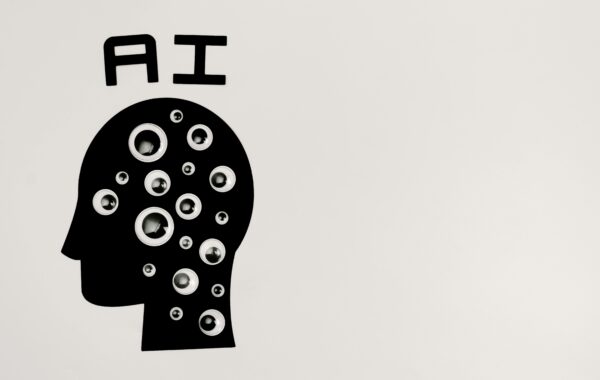As technology continues to become an essential part of our daily lives, it is crucial to make digital content accessible to all individuals, regardless of their abilities. Kate DeForest, the Web/Digital Content Coordinator at the State University of New York at Oswego, has dedicated herself to making digital accessibility a top priority at the university and beyond.

Kate’s passion for digital accessibility started in 2018 while pursuing a master’s degree in Graphic Design and Digital Media. Although she discovered that graphic design was not her forte, she realised that she had a particular set of skills that SUNY Oswego required for digital accessibility. She was hired as a Digital Accessibility Analyst and became one of the few individuals on campus responsible for accessibility efforts.
Currently, Kate is the university’s Web/Digital Content Coordinator, where she focuses on managing and revising the university website, assists departments with their website management, and oversees web accessibility efforts. She is actively involved in the campus accessibility initiative as a member of the Workgroup on Accessibility Practices, which provides training opportunities and shares best practices related to digital accessibility.
Kate’s most notable accomplishment to date at SUNY Oswego was collaborating with other Workgroup members to create the 10-Day Accessibility Challenge, which broke down basic accessibility principles into bite-size, easy-to-understand pieces. The Challenge was a campus-wide plan that aimed to provide participants with an understanding of digital accessibility. It included written and video tutorials, accessibility-focused virtual sessions, and surveys to measure participants’ knowledge and understanding of accessibility. The Workgroup’s efforts in creating the 10-Day Accessibility Challenge helped participants gain a better understanding of digital accessibility.

Moreover, Kate’s work at SUNY Oswego has helped her realise the importance of creating an inclusive digital environment. Removing barriers benefits people with permanent disabilities, those facing temporary or situational disabilities, and even people without any disabilities. Through a variety of professional development opportunities, she has been able to expand her knowledge as well as share some of her own expertise. She has led local workshops, presented for numerous SUNY-hosted events, and given talks for international conferences including HighEdWeb and Accessing Higher Ground. Later this year, she will speak at AHEAD’s annual conference, as part of IAAP’s Digital Accessibility webinar series, and for HE Connect.
One of the significant challenges that Kate has faced in her role is getting the proper buy-in and support for digital accessibility efforts. However, she believes that this dynamic is shifting, and more people are beginning to understand the importance of accessibility. The pandemic highlighted situations that would benefit from accessibility that they had never previously considered. Because of this new perspective, the Workgroup broadened their scope and increased their efforts to push forward the accessibility initiative. Kate is fortunate to have Administrators at Oswego who fully support this initiative and work to provide a variety of resources to help make accessibility a top priority.
Looking ahead, the future of accessibility in the next 5-10 years is likely to see a continued emphasis on digital sustainability, Kate believes. As technology evolves, it is important to consider how people consume digital content and to reduce the amount of “digital noise” that can make it difficult for people with disabilities to access information. Digital sustainability and accessibility are intertwined, and making small shifts to improve one can also help improve the other. To get there, organisations need to focus on making small one percent shifts that can lead to significant changes. By continuing to prioritise digital accessibility and sustainability, we can create a more inclusive and equitable digital world for everyone.




